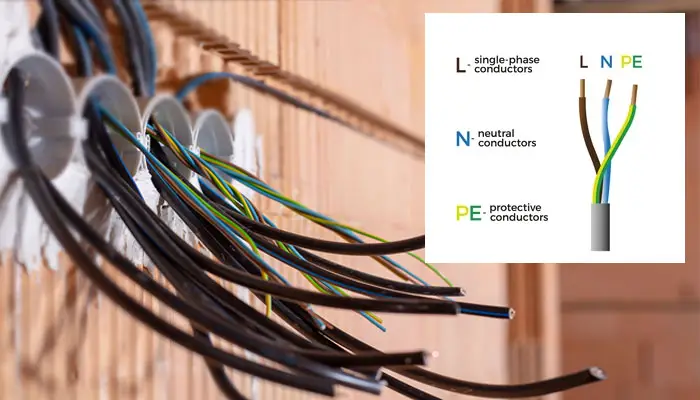Why would a company sell receivables to another company?
- By Infoik
- 17 May, 2022
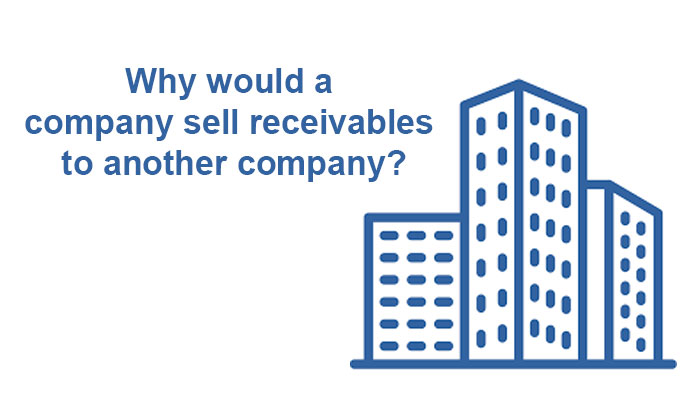
Why would a company sell receivables to another company?
When a company sells receivables to another company, it is getting cash upfront for money that it will eventually receive anyway. This can be a great way for a business to get the cash it needs to keep running without taking out a loan. There are several reasons why a company might choose to sell its receivables. This article will explore some of the most common reasons why businesses do this.
What are receivables?
Receivables are amounts of money owed to a company by its customers. This could be in the form of products or services purchased on credit, or it could be money owed for services that have been rendered. When a company sells its receivables, it is getting cash upfront for cash that it will eventually receive anyway.
Why would a company want to sell its receivables?
There are several reasons why a company might want to sell its receivables. One of the most common reasons is that it can be a way to get cash quickly. This can be helpful if a company needs money to pay its bills or make a large purchase. Selling receivables can also help a company improve its cash flow.
How does the sale of receivables work?
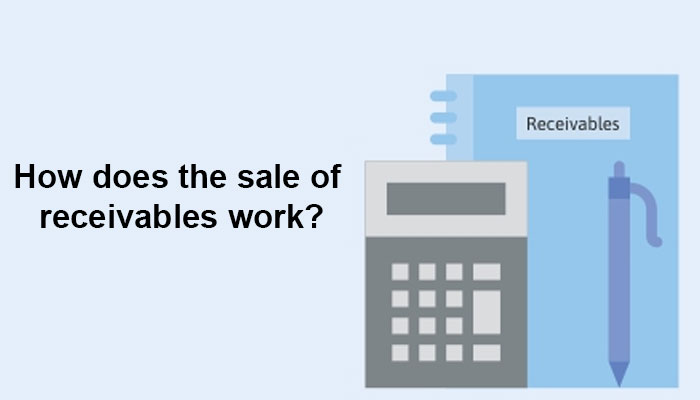
When a company sells its receivables, it is getting cash upfront for money that it will eventually receive anyway. The buyer of the receivables pays the company an amount of money that is less than the total value of the receivables. The difference between the two amounts is called the “discount.” For example, if a company has $100,000 in receivables and sells them at a discount of 20%, the company will receive $80,000 upfront. The buyer of the receivables will then be responsible for collecting the money from the company’s customers.
What are the benefits of selling receivables?
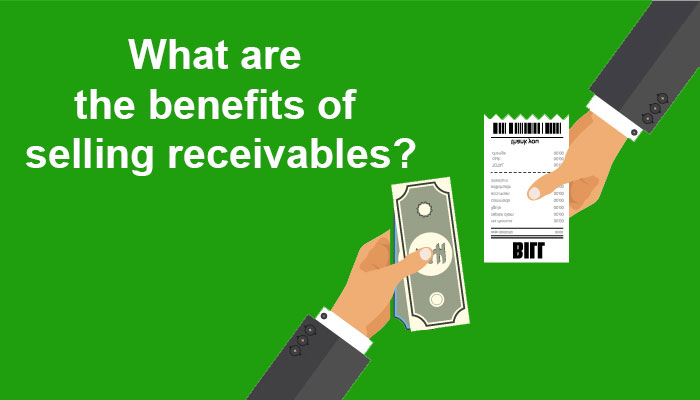
There are several benefits of selling receivables. One of the most common benefits is that it can be a way to get cash quickly. This can be helpful if a company needs money to pay its bills or make a large purchase. Selling receivables can also help a company improve its cash flow. Another benefit of selling receivables is that it can help a company free up some of its working capital. This is because the company will no longer be owed money from its customers. Instead, the buyer of the receivables will be responsible for collecting the money.
Selling receivables can also help a company improve its financial statement. This is because when a company sells receivables, it is essentially getting cash upfront for money that it will eventually receive anyway.
What are the risks associated with selling receivables?
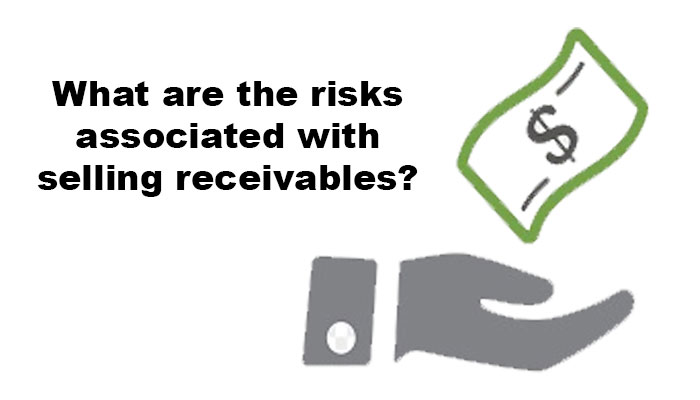
There are a few risks associated with selling receivables. One of the biggest risks is that the buyer may not be able to collect the receivables. This means that the company will not get the money owed and may have to take legal action to get the money. Another risk is that the buyer may not pay the full amount of the receivables. The company will have to write off the difference as a loss. Finally, there is always the risk that the buyer may go out of business and be unable to pay the company for the receivables. While this is not a common occurrence, it is something to be aware of.
Who typically buys receivables?
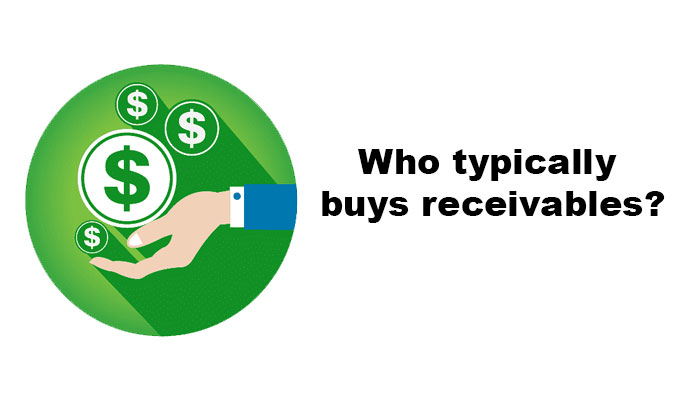
There are a few different types of companies that typically buy receivables. One kind of company is called a “factoring company.” These companies specialize in buying receivables, financing, and then collecting on them. Another type of company that buys receivables is called a “credit card company.” Credit card companies will often purchase receivables from businesses to get a percentage of the total amount owed. Finally, some banks will also buy receivables. However, this is not as common as it used to be.
The most common reasons businesses sell receivables.
As we’ve seen, there are several reasons why a company might want to sell its receivables. One of the most common reasons is that it can be a way to get cash quickly. This can be helpful if a company needs money to pay its bills or make a large purchase. Selling receivables can also help a company improve its cash flow.
Another common reason businesses sell receivables is to improve their financial statement. When a company sells receivables, it is essentially getting cash upfront for money that it will eventually receive anyway.
FAQs:
What is it called when a company sells its receivables?
The process of selling receivables is often called “factoring.”
What does selling accounts receivable mean?
Selling accounts receivable means that a company is selling the money owned by its customers. The buyer of the receivables will then be responsible for collecting the money from the company’s customers.
Why would a company be willing to sell its accounts receivable at a discounted amount?
There are a few reasons why a company might be willing to sell its receivables at a discounted amount (factoring fee). One reason is that it can be a way to get cash quickly. This can be helpful if a company needs money to pay its bills or make a large purchase. Selling receivables can also help a company improve its cash flow.
Why do companies sell on the account?
Selling on the account is a way for companies to finance their sales. When a company trades on budget, the customer will pay for the goods or services later. The company will then send the customer an invoice for the amount owed. Selling on the account can be a good way for companies to make sales that they might not otherwise be able to make. It can also help companies improve their cash flow.
Can a company sell accounts receivable?
Yes, companies can sell accounts receivable. This is a process often called “factoring.” When a company sells its receivables, it is essentially selling the money that its customers own. The buyer of the receivables will then be responsible for collecting the money from the company’s customers. There are a few different reasons why a company might want to sell its receivables.
When should a transfer of receivables be recorded as a sale?
A transfer of receivables should be recorded as a sale when the company has transferred ownership of the receivables to another party. The company will no longer be responsible for collecting money from its customers. The buyer of the receivables will then be responsible for managing the money.
Why do receivables increase?
Receivables can increase for a few different reasons. One reason is that the company has made more sales on credit. This means that more customers owe the company money. Another reason receivables might increase is that the terms of credit have changed. For example, if the company has started offering longer periods of credit, this will also cause receivables to increase.
Final words: why would a company sell receivables to another company?
There are a few different reasons why a company might want to sell its receivables. One of the most common reasons is that it can be a way to get cash quickly. This can be helpful if a company needs money to pay its bills or make a large purchase. It enhances current assets and balance sheets.












